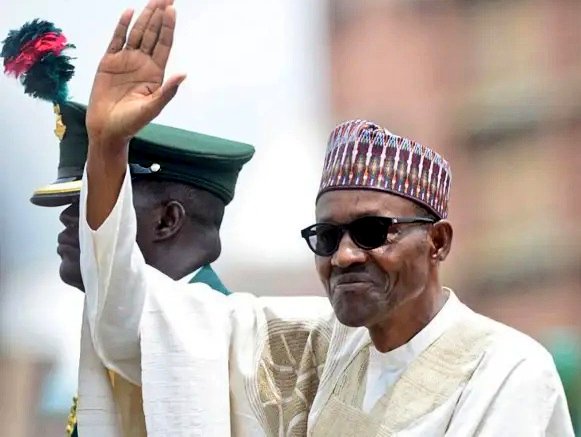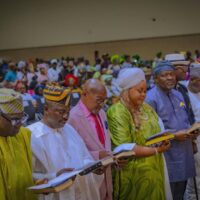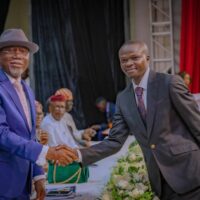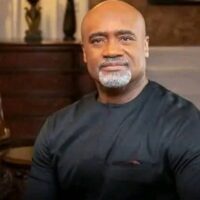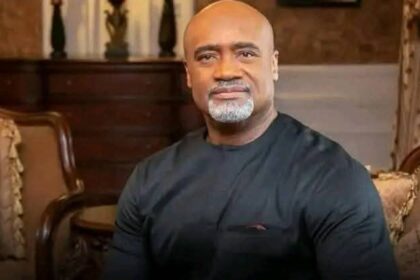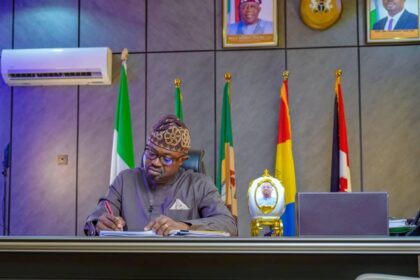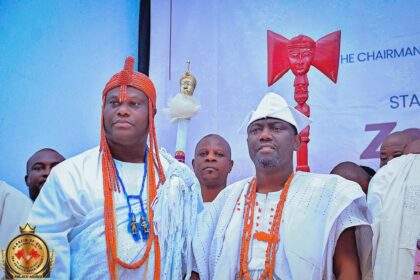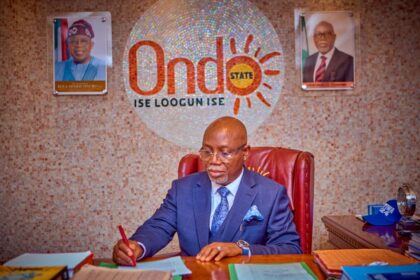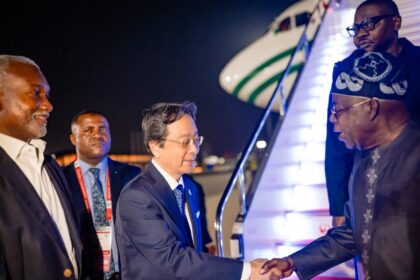was a day of mourning and reflection in Daura, Katsina State, as former Nigerian President Muhammadu Buhari was laid to rest in his ancestral hometown. The 82-year-old elder statesman was buried on Tuesday following Islamic funeral rites, as a grieving nation watched with heavy hearts.
Family members, political associates, and dignitaries from across the country gathered under a somber sky, paying their final respects to the former leader. The rain, which began as a light drizzle, soon intensified, as if mirroring the sorrow of the moment. Mourners described the atmosphere as both reverent and deeply emotional.
Buhari, who served as Nigeria’s military Head of State from 1983 to 1985 and later as a democratically elected president from 2015 to 2023, leaves behind a complex legacy marked by efforts to curb corruption, revive infrastructure, and tackle insecurity—challenges that defined much of his presidency.
Security was tight around the town of Daura, with a heavy presence of military and police personnel ensuring the peaceful conduct of the burial ceremony. Traditional leaders, clerics, and government representatives took turns eulogizing the former president, recalling his lifelong commitment to national service and discipline.
President Bola Ahmed Tinubu, in a condolence message, described Buhari as “a patriot who served Nigeria with conviction, courage, and a sense of duty.” He extended his sympathies to the late president’s widow, Aisha Buhari, and the entire Buhari family.
As the final prayers were recited and the grave closed, many in attendance lingered in silence—reflecting on the life and times of a man who shaped Nigeria’s political landscape for over four decades.
Muhammadu Buhari is survived by his wife, children, grandchildren, and millions of Nigerians who either admired or critiqued his long and eventful public life.

